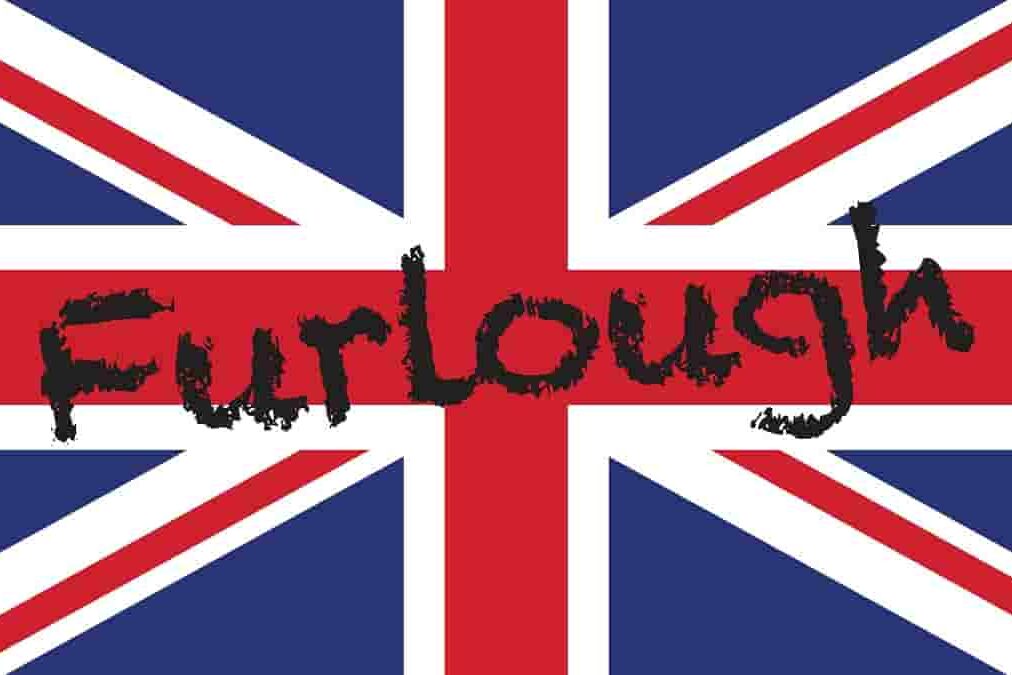The International Monetary Fund (IMF) has recommended that the UK brings back furlough if the country adopts further restrictions.
In a statement issued to Boris Johnson’s government, the IMF said that if new lockdown measures are enacted, the Treasury should provide appropriate levels of support for British business.
The IMF said: ‘In the event of a virulent Covid-19 wave requiring widespread mandated closures, the authorities should be ready to redeploy a subset of the most successful previous exceptional programs (such as a furlough scheme and targeted support to the most vulnerable households and small businesses), but with due attention to lessons learned about their design (including tapering and timely sunset).’
The IMF noted that while the UK’s economy is ‘resilient,’ thanks to the vaccination roll out and previous job support schemes, there is also a strong case for protecting workers in “marginalised” labour markets. It suggested prioritising schemes to fund youth employment (Kickstart) and skills development bootcamps, which will both have a part to play in ‘facilitating’ the sectoral labour shifts anticipated in a ‘period of creative destruction.’
The IMF’s announcement comes against a back drop of rising COVID cases, as the new Omicron variant takes a tight grip on the country’s infection rate. The government’s Chief Medical Advisor, Professor Chris Whitty, warned that the tidal wave of Omicron infections could lead to daily hospitalisations exceeding last winter’s peak, when more than 4,500 people were admitted on one single day.
Professor Whitty said: ‘The numbers in hospital over a short period could be very high indeed. This will be happening at a time when a very significant number of staff are going to be off ill, isolating or caring. So you’re going to have both a reduction in supply and an increase in demand in the health service over a very short time period, and that really is the reason why we’re all taking this extremely seriously.’
The Workers Union Says…
In recent weeks we have campaigned for unity in the face of Omicron. But unity alone will not insulate workers from the effects of future lockdowns. Shutting businesses without recourse to additional mechanisms of support must remain off the table if we are serious about protecting the lives and livelihoods of working people.
Yes, getting booster jabs into as many arms as possible is a valid way of protecting the population. But if Omicron gets the upper hand, we must also have a cogent plan B that provides the necessary structural and individual support to safeguard lives and keep the economic fires burning. This is not optional: it’s an essential step on the journey to mounting an effective response to the demands of what is, and will continue to be, a vastly changed world from the one we knew just 24 months ago.





